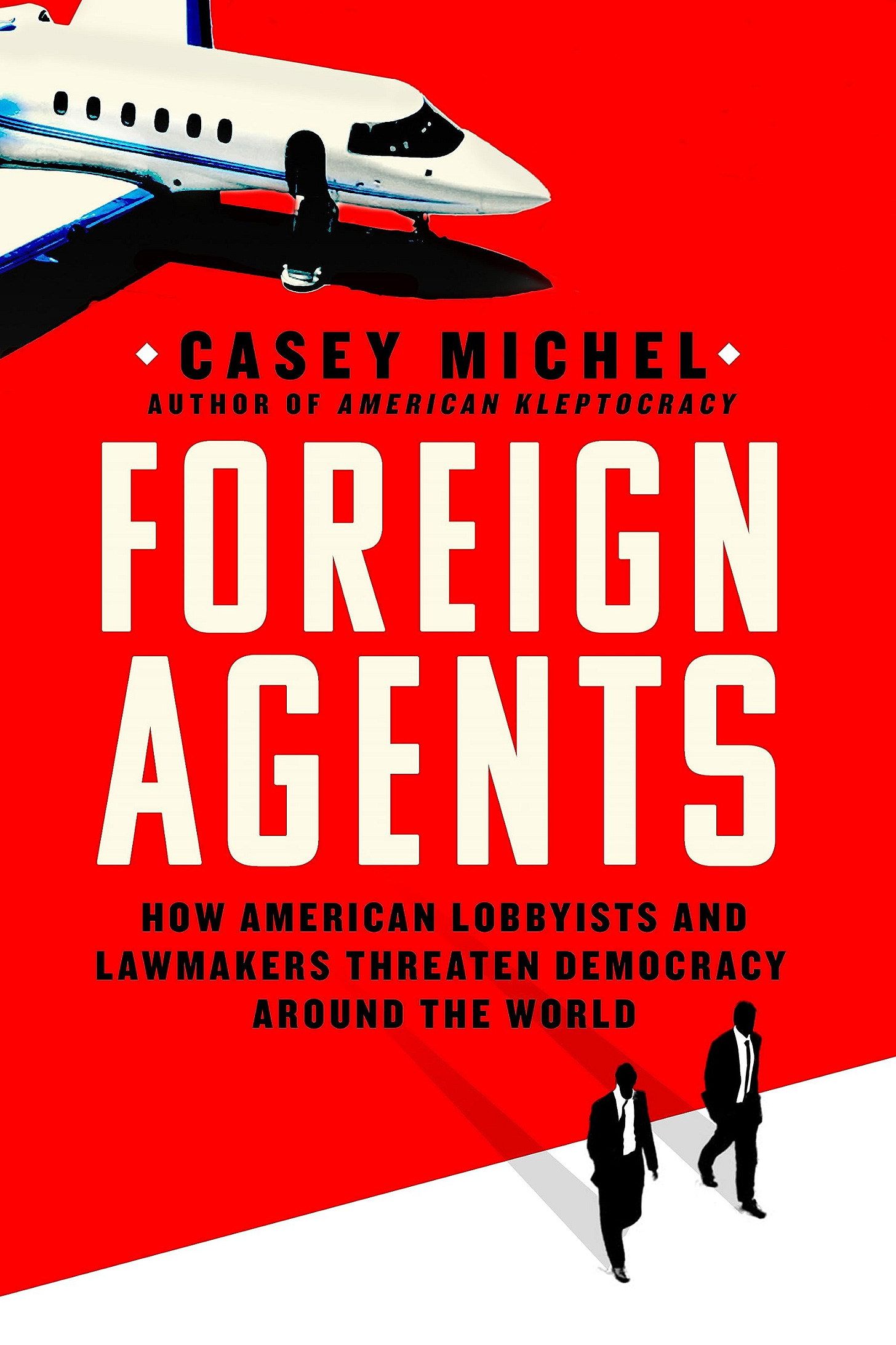In the nearly 4 years since I started writing Moldova Matters there has been no topic that I was less excited to write about than Donald Trump. It has been comforting that covering Moldova has not involved any intersections with Mr. Trump over this time and even though there were some collisions between Moldova and the first Trump term (more on that below) they seemed comfortably in the past. Unfortunately, the incoming Trump administration isn’t just the elephant in the room, it is the elephant in *every* room where politics and foreign affairs are discussed all around the world. As such, it’s time I took a look at what this change may mean for Moldova.
I want to say up front that I’m not going to weight in on the question of what Trump will do in Ukraine - more than enough ink is being spilled on that question elsewhere. I’m also not going to go through his nominations person by person and discuss whether or not Tulsi Gabbard will be confirmed or what it means that she terrifies US allies. Other people can parse Trump’s statements or try and glean insights from his personnel choices.
Instead I’m going to suggest that a small country like Moldova needs to look at the incoming administration in a different way - in terms of “Foreign Agents.” In the process I’m going to share a book recommendation!
Foreign Agents
By Casey Michel
In this discussion it is first important to introduce the concept of a “Foreign Agent” within the scope of US law. Back in 1938 the US Congress passed the Foreign Agents Registration Act or FARA as an attempt to bring transparency to foreign lobbying of US politicians. Under the act, foreign governments, individuals, companies and organizations that spend money to lobby the US government or influence public opinion need to register this spending in a database. This registration is done by the lobbying firms, PR firms, law firms, etc who accept this foreign money. The filing includes contracts signed, the purpose of the lobbying, etc. You can view these filings online.
Journalist, author and longtime friend of mine, Casey Michel, recently published a book on the topic fittingly titled “Foreign Agents.” The book tracks the history of this law and why it has failed to stop the growing tsunami of kleptocratic money that has warped the American political system.
In his book, Casey tracks the origins of the law in the birth of the modern Public Relations (PR) industry and how Nazi Germany sought to leverage this new field to influence the American public and politicians.
The real turning point in the book, and in the history of FARA, begins with a character named Paul Manafort. Back in the 1980s Manafort and his partners created the modern political lobbying machine by marrying political consulting with paid access for corporations. Basically, Manafort and his partners were the go to consultants for helping hopeful candidates get elected - then, when they were elected, and owed Manafort for their success, he charged corporate clients for access to lobby the very same politicians.
While this is a simplification, and you should really read the book in full, the salient point is pretty simple. Both the budding 1930s PR industry and the 1980s and 1990s lobbying industry came to the same conclusion pretty quickly - there are only so many car companies that want to pay you to keep emissions standards low. On the other hand, there are nearly limitless foreign governments, oligarchs and (in many cases) war criminals who would love to influence American policy - and these players have a lot more money and a lot fewer restrictions than domestic companies.
Manafort shifted his focus to foreign clients and was critical in the re-election of Ukrainian President Viktor Yanukovych. His work in Ukraine propping up pro-Russian strongmen played a central role in many of the key events leading to Ukraine’s 2014 Maidan revolution and Russia’s February 2022 invasion.
Manafort later played a role in the Trump administration, figured centrally into the 2016 Russian interference investigation. He went to prison on various related charges before being pardoned by Trump in 2020.
Manafort was a pioneer in foreign lobbying but by no means the only player in the game. Now lobbyists, PR firms and law firms all regularly accept large amounts of money from foreign governments. So do think tanks, universities and scores of other public institutions in the United States.
We’ll get on to how this impacts Moldova in a bit. But if you want to learn more about how this tsunami of foreign money has infiltrated American politics and policy do check out Casey’s excellent book.
Foreign Agents and Moldova
Back in February 2020 Donald Trump appointed Richard Grenell as the acting Director of National Intelligence (DNI). Shortly after the announcement ProPublica reported that Grenell had previously done consulting work for Vladimir Plahotniuc (Plaha) and that he had not declared this work under FARA.


